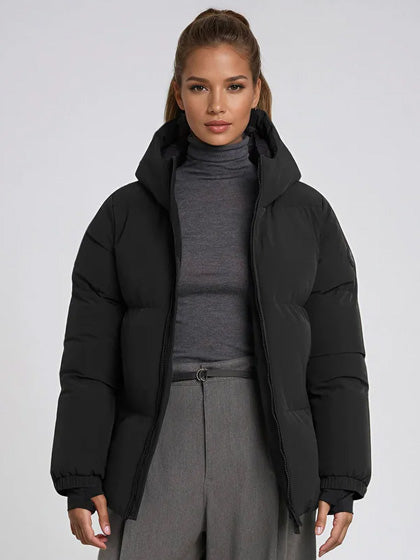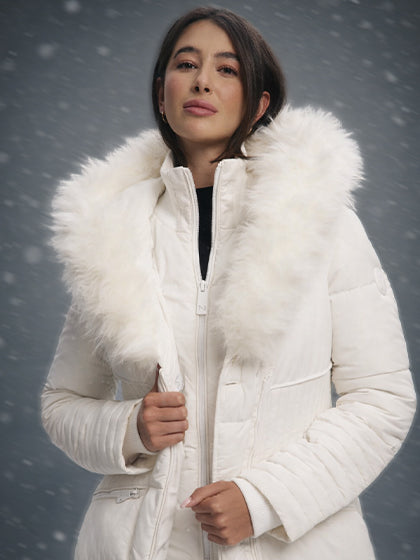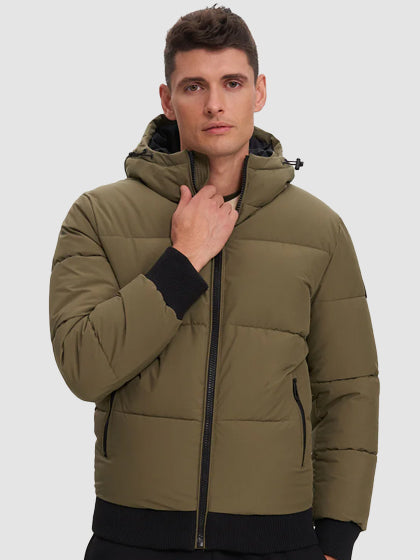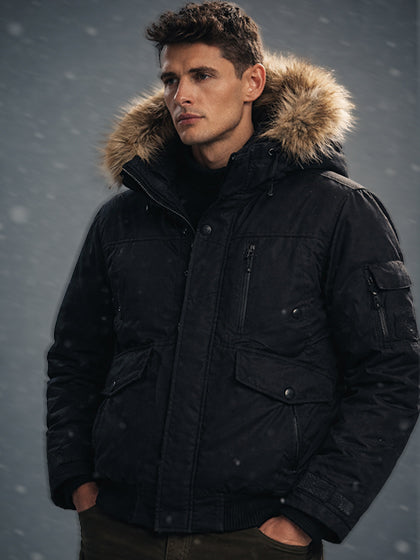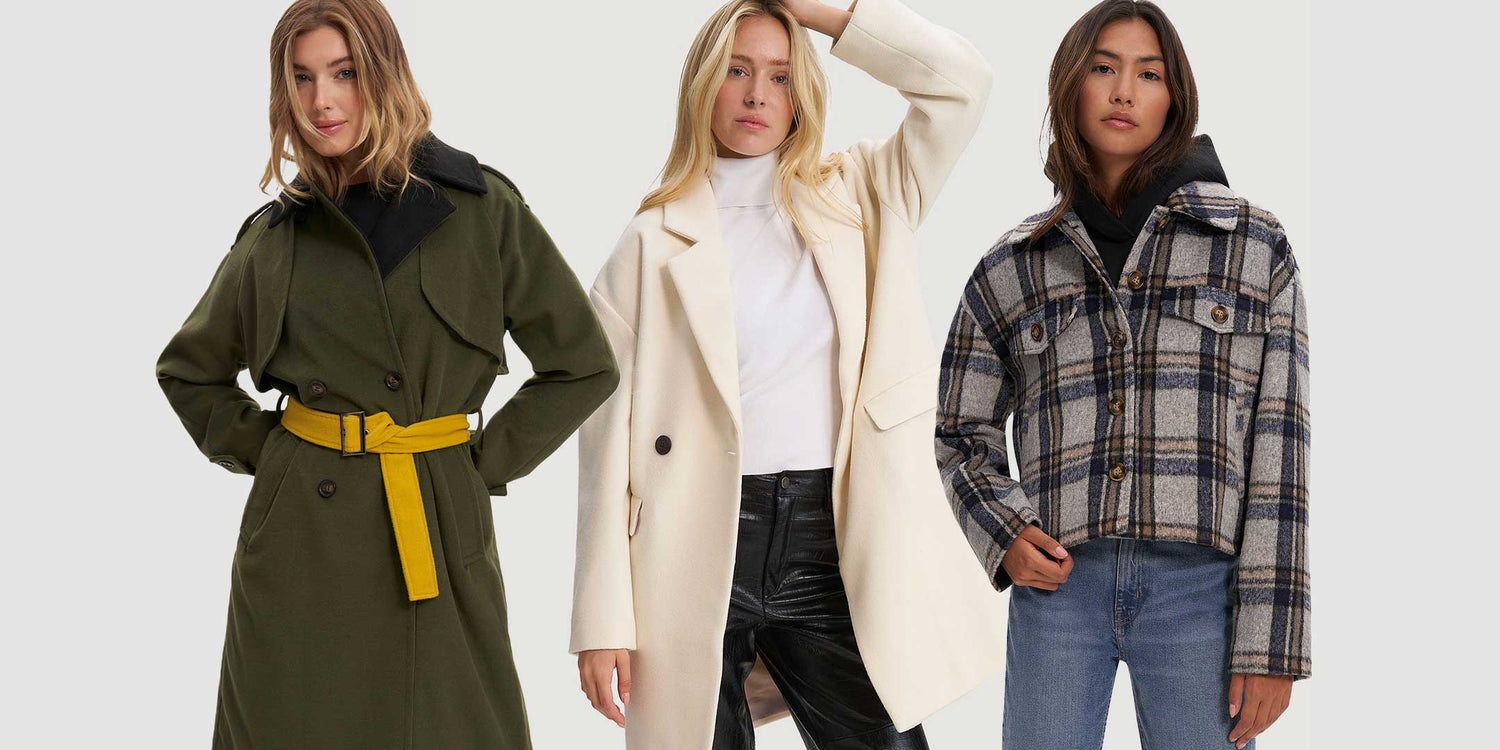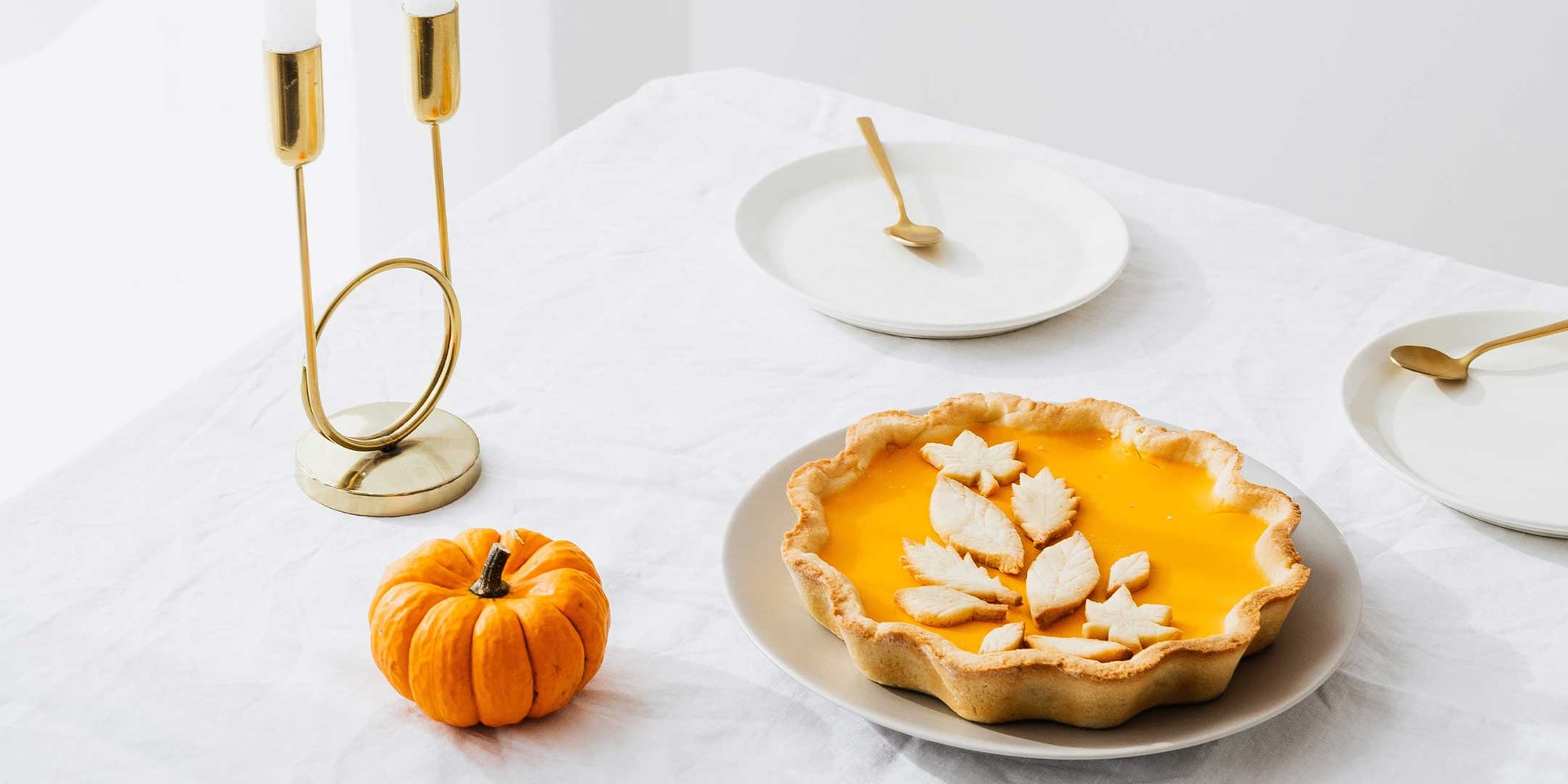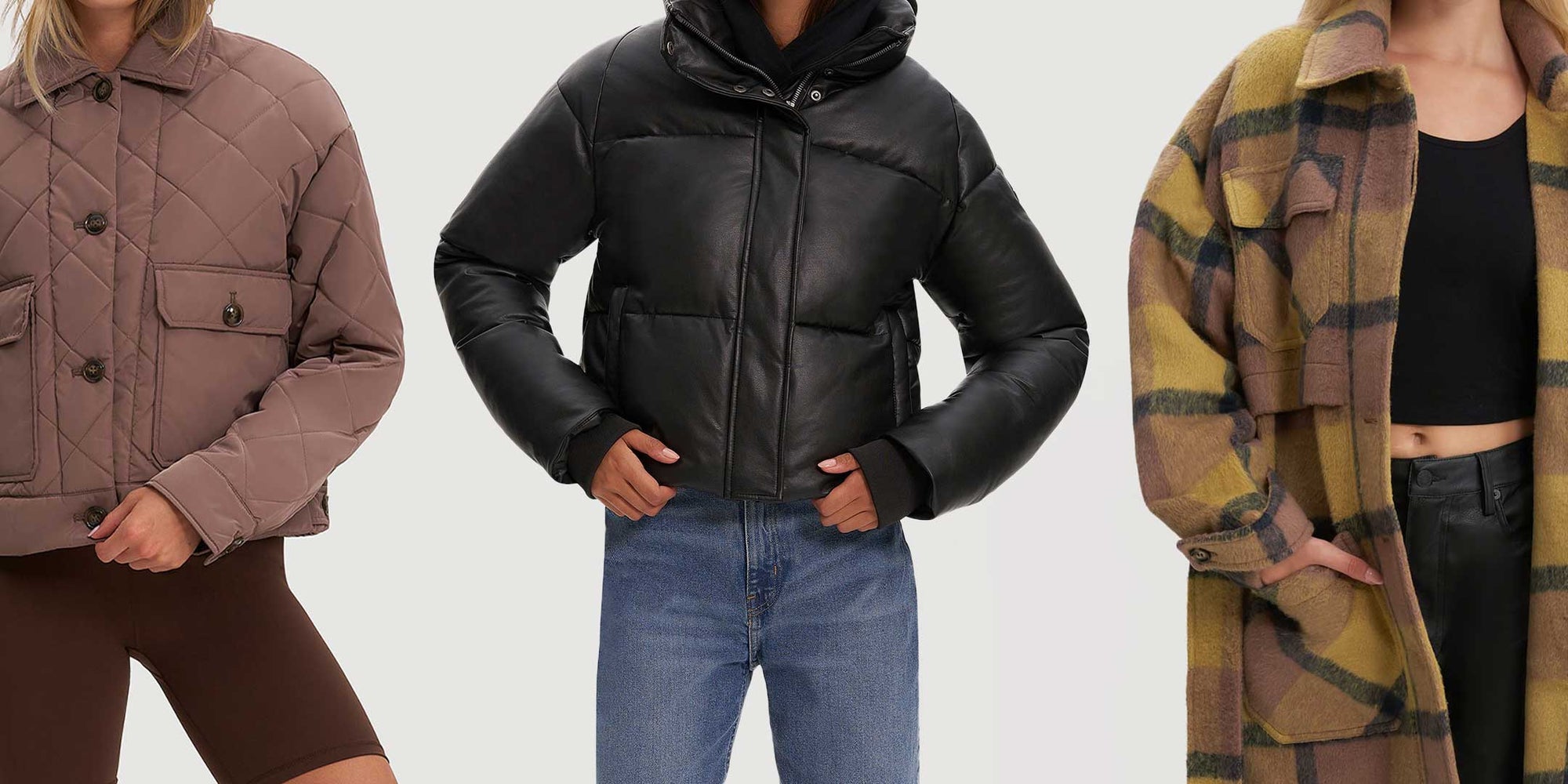Do you know how your wool socks, sweater, and blanket were made? Probably from a factory with unethical practices, like endangering sheep’s lives just so they could make cash quicker. It’s easy to forget where our clothes come from when we don’t have to make them ourselves.
In this post, we’re going to cover how the production of wool is harmful to animals, humans, and the environment. We’ll also tell you about some amazing vegan wool alternatives to look into for a sustainable and ethically sourced (yet fashionable) wardrobe.
Production of wool and why that’s a problem
The production of wool isn’t just killing sheep, it’s rotting the earth and destroying lives. Not only is there systemic abuse in the wool industry, but animal agriculture is a major contributor to climate change.
Harm of wool to animals

It’s easy to forget the harm that buying wool can impose on animals. We think that shearing sheep can help them avoid being burdened with too much wool. PETA says that sheep can grow just enough wool to protect themselves from temperature extremes and don’t need human intervention.
In fact, when we use sheep to produce more wool for clothing, you’ll see shearers “punching, kicking, and stomping on sheep, in addition to hitting them in the face with electric clippers and standing on their heads, necks, and hind limbs.” Not only that, but within weeks of a lamb’s birth, their “ears are hole-punched, their tails are chopped off, and the males are castrated without any painkillers.” Hundreds of lambs die before turning 8 weeks old from exposure and starvation yearly. Mature sheep die from “disease, lack of shelter, and neglect” every year.
Wool production can be incredibly barbaric and it doesn’t need to be like this. Vegan wool alternatives protect the lives of sheep and are better for the environment.
Harm of wool to the environment
Sheep are the second biggest methane producers, right behind cows. Methane, according to the UN Environment Programme, “is the primary contributor to the formation of ground-level ozone, a hazardous air pollutant and greenhouse gas, exposure to which causes 1 million premature deaths every year.” They also state it’s a powerful greenhouse gas, 80x more powerful than carbon dioxide at warming the earth.
Because of gigantic numbers of sheep bred by the wool industry, PETA says they’re producing so much manure it’s polluting water, land, and even air. Not only that, but their waste contaminates water with bacteria. As if that wasn’t shocking enough, PETA explains “sheep dip”—a toxic liquid that helps rid sheep of parasites. It’s hard to get rid of and usually ends up in local waterways. One study found that a single cup of “sheep dip” killed 1,200 fish downstream.
Not only is the production of wool destroying sheep’s lives, but killing humans (and other animals) and warming the earth. We live in an interconnected world and when someone or something is doing harm, it ends up affecting the entire world.
What’s Vegan Wool?
Vegan wool is a cruelty-free material that resembles sheep’s wool with none of the harmful practices we see in typical wool production. Luckily, there are companies throughout the world developing vegan wool using sustainable materials and having less of an environmental impact doing so.
Vegan Wool Alternatives and New Innovations
 Lyocell Wool
Lyocell Wool
Lyocell is a semi-synthetic fabric composed of wood cellulose, which makes it biodegradable. It’s processed with synthetic substances, like viscose or typical rayon. It grew in popularity as more people wanted to avoid fully synthetic fabrics like polyester or non-vegan fabrics like silk.
It’s breathable, strong, moisture-wicking, and gentle on the skin, so it’s often used for eco-friendly underwear, activewear, towels, jeans, and shirts. It’s made in a closed-loop process, so chemicals used in production aren’t released into the environment.
Woocoa WoolStudents from the Universidad de los Andes Bogotá, Colombia recently invested vegan wool, called Woocoa. It’s “a biofabricated animal-free wool extracted from agricultural waste.” They found they could degrade lignin by using mushroom enzymes (organic polymers that make plant cells hard and rough).
Through this process, coconut fiber and hemp became softer and more like wool. It also removes their color, so the fibers are easier to dye.
Ideal for the textile industry, the coconut fibers are hygroscopic, thermal, and antimicrobial, and the hemp fibers are durable and easy to dye. It’s perfect for all weather as it’s breathable during the summer and comfy cozy during the winter.
Hemp WoolHemp is a carbon-negative raw material and absorbs more carbon than it produces, which is amazing. It takes fewer resources to grow (like water), produces less waste, and uses a lot fewer chemicals during its processing.
Unlike wool, hemp is breathable enough to be worn throughout the year. You can wear it during the summer, exercising, or on your commute to work when it’s freezing out.
RePET™ and REPREVEHere at Noize, we use RePET™ and REPREVE to produce our vegan wool. We line our outerwear with environmentally friendly and humane recycled fill with RePET™ and REPREVE, ground-breaking technology made from reclaimed and repurposed plastic bottles.
This sustainable vegan wool alternative is just as warm as any wool, so you can be sure you’ll stay cozy as in below-zero weather. This is our way of living by our promise of reducing plastic waste.
Final thoughts on vegan wool
Before you throw on your wool sweater or pull up those wool socks, let’s go over wool production, and vegan alternatives.
Wool production is destroying lives (sheep, human, and fish for starters) and creating an unlivable earth. Knowing there are alternatives means we can do better by avoiding buying anymore wool and investing in vegan wool alternatives instead.
There are plenty of vegan wool alternatives made with sustainable materials. Manufacturers make Lyocell wool from trees, like bamboo. It’s biodegradable and can be used for eco-friendly underwear, activewear, towels, jeans, and shirts.
Woocoa is made from agricultural waste, like coconuts and hemp, and then broken down further using mushroom enzymes. It’s soft, durable, and antimicrobial, which makes it great for the textile industry as an alternative to wool.
Hemp wool is another great alternative because it actually absorbs more carbon than it produces. It can keep you cool during the summer and warm during the winter.
Finally, there’s RePET™ and REPREVE, which is what we use to produce our vegan wool. It’s just as comfy and cozy as wool, but it’s made from plastic bottles, not animal fur.

